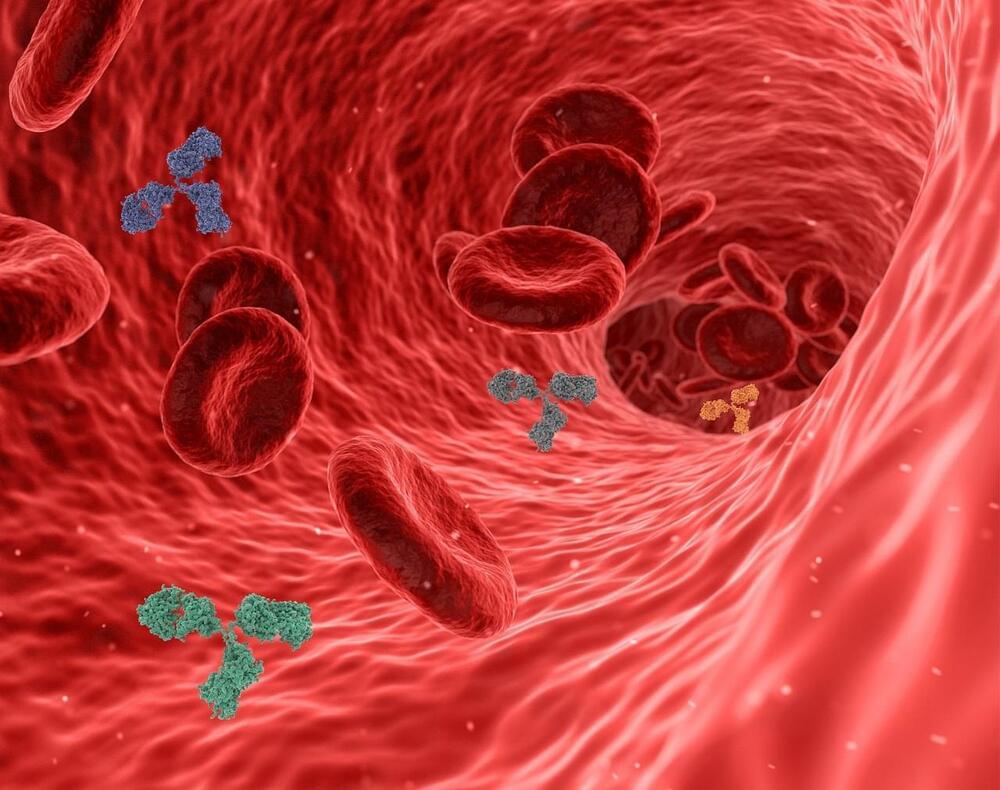Over the past decade, immune checkpoint inhibitors (ICI) have revolutionized the cancer treatment area. These drugs block the interaction between proteins known as immune checkpoints and immune cells within our bodies. At times, immune checkpoints play a vital role in immune regulation, preventing unnecessary responses. However, tumors can upregulate proteins, thus evading an immune response, and in a tumor setting, this response is indeed necessary. ICIs interfere with checkpoint pathways and allow active immunity against cancer.
In 2011, the United States Foor and Drug Administration (FDA) approved the first ICI, ipilimumab, a CTLA-4 blocker, for treating advanced melanoma. Subsequently, ICIs targeting PD1 (pembrolizumab and nivolumab) and PDL1 (atezolizumab and durvalumab) received approval for treating various malignancies. Many clinical trials test the efficacy of novel ICIs in different settings.
A recent study published in Science Immunology unveiled a promising new avenue for cancer immunotherapy and ICIs. The study evaluated a drug targeting an immune checkpoint molecule called VISTA (V-domain immunoglobulin suppressor of T cell activation), shedding light on its potential as an effective immunotherapy target.









Leave a reply